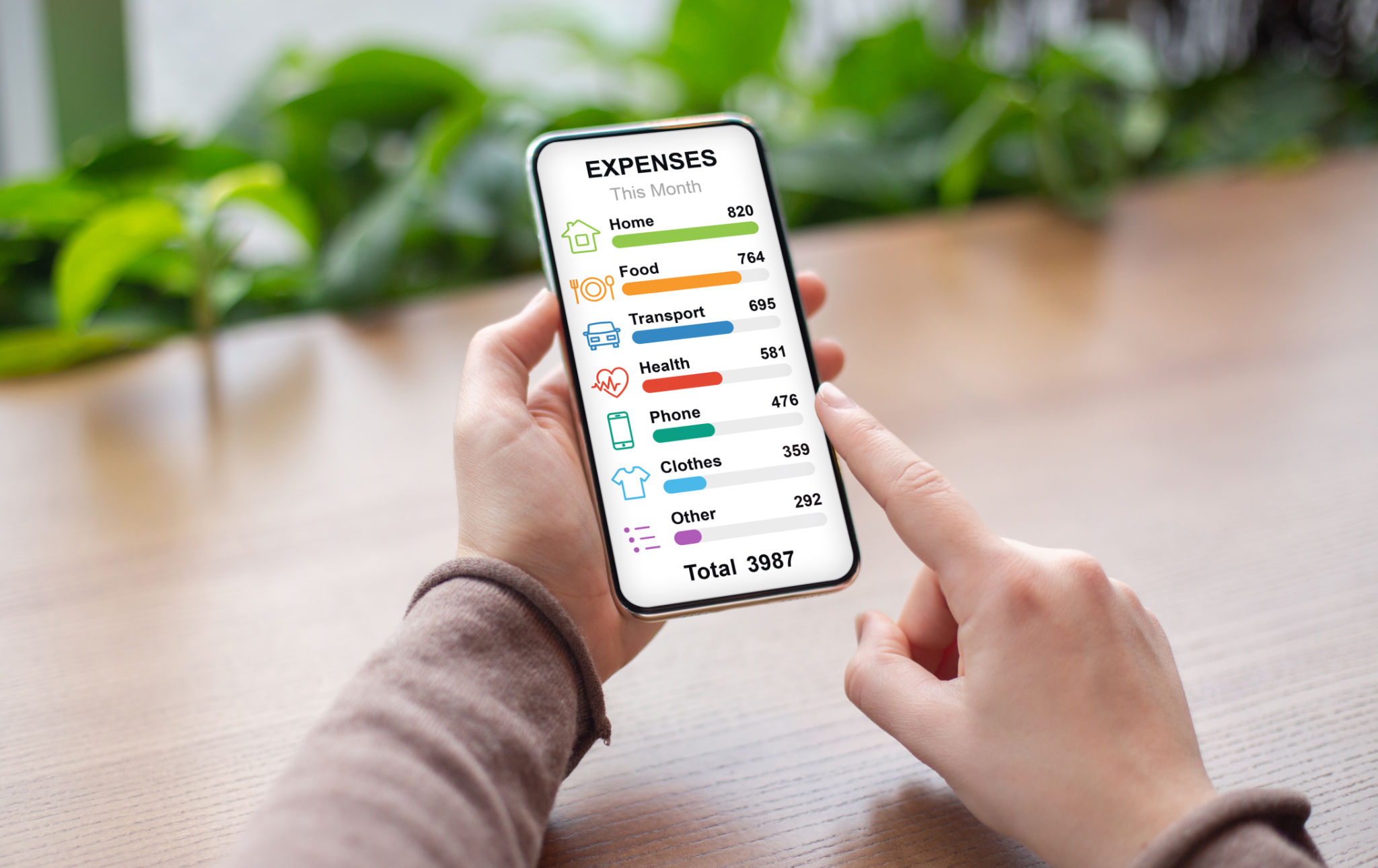Seasonal Financial Planning: Preparing for the Holidays Without Accumulating Debt
Understanding the Importance of Seasonal Financial Planning
As the holiday season approaches, it's crucial to take a step back and evaluate your financial situation. The festivities often come with expenses that can quickly add up, leading many to rely on credit cards and loans. However, with careful planning, you can enjoy the holidays without the stress of accumulating debt.
Effective financial planning for the holidays involves creating a budget that aligns with your financial goals. By being proactive and strategic in your spending, you can avoid the pitfalls of holiday debt and enter the new year on a positive financial footing.

Creating a Realistic Holiday Budget
The first step in seasonal financial planning is to establish a realistic holiday budget. Start by listing all potential expenses, including gifts, travel, food, and decorations. Determine how much you can afford to spend without compromising your regular financial obligations.
Once you have a clear picture of your anticipated expenses, prioritize them. Allocate funds to the most important categories first, ensuring that essential needs are met before indulging in extras. Remember, sticking to your budget is vital to avoid overspending.
Tracking Your Spending
After setting your budget, it's essential to track your spending meticulously. Use apps or spreadsheets to monitor each purchase and compare it against your planned budget. This practice will help you stay accountable and make necessary adjustments if you find certain areas exceeding your initial estimates.

Smart Shopping Strategies
To maximize your holiday budget, adopt smart shopping strategies. Begin by shopping early to take advantage of sales and discounts. Avoid last-minute purchases, as they often come with higher prices and limited options.
Consider using cashback or rewards programs offered by credit cards to earn benefits on your purchases. However, ensure that you pay off any credit card balances in full each month to avoid interest charges that can negate these savings.
Opting for Thoughtful Gifts
Gift-giving is a significant part of the holiday tradition, but it doesn't have to break the bank. Opt for thoughtful gifts that demonstrate your care and attention without being overly expensive. Homemade gifts or personalized experiences can often be more meaningful than costly items.

Planning for Travel Expenses
If travel is part of your holiday plans, incorporate these costs into your budget early on. Look for deals on flights and accommodations well in advance and consider flexible travel dates to score better rates.
When possible, use loyalty points or miles to offset travel expenses. Also, consider alternative modes of transportation, like carpooling or taking public transit, to reduce costs further.
Maintaining Financial Discipline
Throughout the holiday season, maintaining financial discipline is key to sticking to your plan. Avoid impulse purchases by creating a shopping list and adhering to it strictly. If you're tempted by in-store promotions or online ads, remind yourself of your long-term financial goals.

Reflecting and Adjusting for Future Seasons
Once the holiday season concludes, take time to reflect on your budgeting experience. Analyze what worked well and identify areas for improvement. Use these insights to adjust your financial strategies for future seasons, ensuring that each year becomes more financially manageable than the last.
By prioritizing seasonal financial planning, you can enjoy the holidays without the burden of debt. With a well-executed plan, you set yourself up for a financially healthy start to the new year.